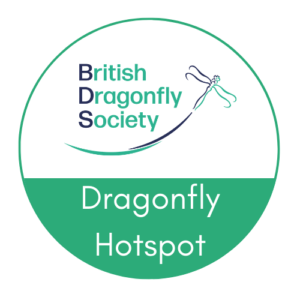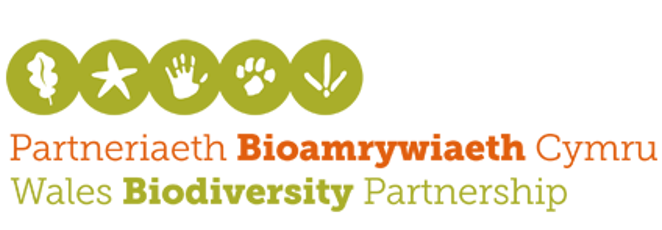We work with a range of other organisations and charities to help improve our collective ability to carry out and promote dragonfly conservation.
Dragonfly Hotspots
We have partnered with wetland sites across Britain through our Dragonfly Hotspots Project. At designated Dragonfly Hotspots we work with site staff and volunteers to:
- Manage their site for dragonflies
- Utlilise their sites for education and outreach
- Engage visitors in dragonfly conservation.

The Pesticide Collaboration
The Pesticide Collaboration brings together health and environmental organisations, academics, trade unions, farming networks and consumer groups, working under a shared vision to urgently reduce pesticide-related harms in the UK, for a healthy future.
It does this through:
- Influencing UK policy
- Convening conversations to explore solutions, including collaborating with farmers to showcase what’s possible
- Supporting and amplifying each other’s pesticide-related work
It aims to tackle the root systemic drivers of pesticide reliance and overuse, and advocate for the solutions required to tackle them.

Dragonfly Conservation Europe
The Dragonfly Conservation Europe was founded in 2024. Its goal is to promote odonatology and the conservation of dragonflies and their habitat by stimulating collaboration across Europe and by acting as a central contact point for European odonatology.
You can sign up for their e-newsletter which is published twice a year.

British Trust for Ornithology
The BTO has been a long-term supporter of the national dragonfly recording scheme. The BDS receives dragonfly records from BTO’s BirdTrack database. The BTO also runs and hosts the BDS’s ‘adopt a site’ map, which allows volunteers to register the sites they record.
Invertebrate Link
Invertebrate Link (JCCBI) is the forum for voluntary and professional organisations involved in the conservation and study of invertebrates in the UK. There are currently 36 member organisations, including the leading conservation charities, entomological societies and statutory agencies, represented on the Committee.
The Committee’s objective is to “advance the conservation of invertebrates in the UK by facilitating exchange of information between relevant organisations and statutory bodies, and by providing a context for co-operative ventures in relation to the development of strategy, policy, principles and best practice”.
You can view the Committee’s publications including research guidelines and legislation statements via the official web page.
Wales Biodiversity Partnership
The Wales Biodiversity Partnership (WBP) brings together key players from the public, private and voluntary sectors to promote and monitor biodiversity and ecosystem action in Wales. WBP provides a leadership role and an expert steer on priorities for action on biodiversity and ecosystems in Wales.
Visit the WBP website for information on wildlife in Wales, the work of the WBP and their upcoming events.

The Ministry Of Justice
The MOJ’s estate is one of the largest in government, including 10 SSSIs (Sites of Specific Scientific Interest) ranging from heathland to salt marsh.
The BDS supports the MOJ ecology department in their efforts to monitor MOJ sites and manage them for the benefit of dragonflies.
State Of Nature Partnership
State of Nature partnership is a group of over fifty nature conservation organisations which together have produced two reviews of the status of wildlife in the UK and its Crown Dependencies and Overseas Territories.

Image credits: Broad-bodied Chaser by Gareth William Tonks, Entomologist by Russell Dornan.
